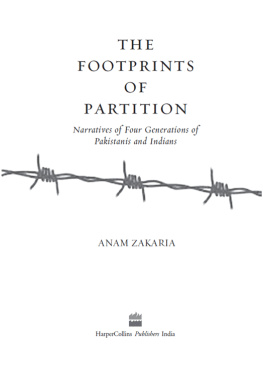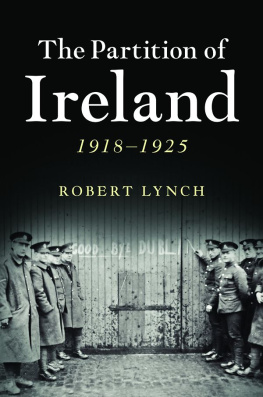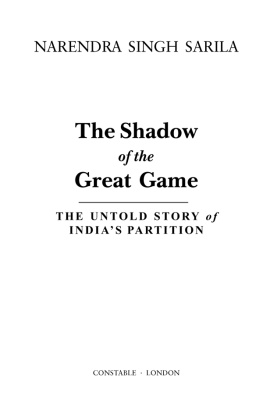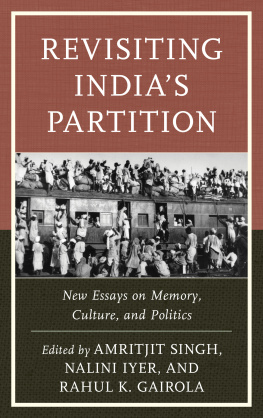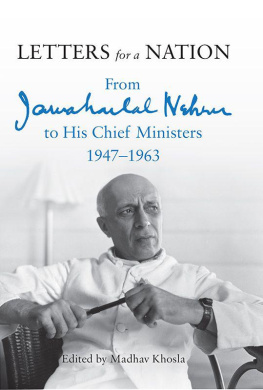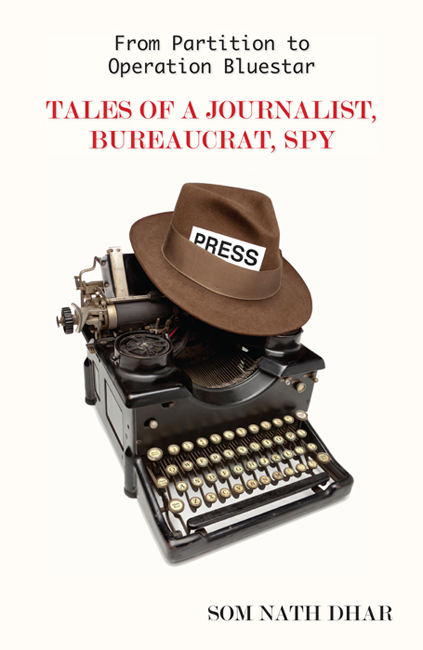

To my wife and life partner Indira Kaul Dhar, my daughter
Pamposh Dhar, who did so much to make sure this memoir saw
the light of day, and my older daughter Tara Hasnain
CONTENTS
This book is a memoir and, like all memoirs, it is one persons view of events. It is not so much the story of my life as my view of the story of independent India. It focuses on events that took place from 1946 to 1984, starting with Partition and ending with Indira Gandhis assassination.
In 1984, I was teaching at the Indian Institute of Mass Communication (IIMC), heading the department that trains government probationers. After a long career as a journalist, government servant and intelligence officer, I found myself enjoying the opportunity to share ideas and my experience with these young people on the threshold of their own promising careers.
I taught at IIMC until 1988, after which I worked for a while in corporate communications in the private sector. In 1992, when my wife was diagnosed with cancer, I decided to retire and spend more time with her. She took the cancer and its treatment in her stride, practical as ever, and I am happy to say we have been together for a further twenty years. Since 2010, we have lived in Singapore with my daughter Pamposh and her husband Raju.
Why did I decide to write this book?
I think it was partly the experience of teaching, at IIMC, and partly my knack for telling stories. I am known in my family as quite a raconteur. Over the years, I have regaled my friends with my stories about the early years of independence. So many people told me they had not known this or that fact, and urged me to write a book, that I decided I should. By 2010, when I moved in with Pamposh, I had all the material together. She helped me organize it into a book, edited the entire text and found me a publisher.
I am an ordinary citizen of India, who had the good fortune to live through the exhilarating birth of independent India in 1947 as a personal assistant to its first prime minister, Jawaharlal Nehru. At other times, I saw the seminal events that shaped modern India both good and bad as a journalist. One way or another, I had a ringside view of Partition, and the related riots in Lahore, Multan and Delhi; of the complex and delicate business of creating a cohesive and stable nation; of the invasion of Kashmir in 1947 and Kashmirs accession to India.
Nehrus death signalled the end of an era. Indian politics changed along with everything else. Lal Bahadur Shastris short stint was followed by the drama of Indira Gandhis selection as prime minister by Congress party elders and then her consolidation of power. Working by then in the government, I watched this fascinating drama unfold act by act.
I spent some years as an intelligence officer based in Nairobi (Kenya) and Vienna (Austria) before returning to India to work in a government run by the Janata Party, which soon belied the hopes of the Indian citizens who had voted them in.
My last assignment in the government was as director of news, All India Radio (AIR), which brought me a sense of personal satisfaction because I was returning once more to journalism, my first love. Interestingly, I had worked at AIR much earlier, joining it as a sub-editor back in 1947.
As head of news at AIR, I once again had a clear view of history in the making, this time in Punjab. By the time that drama came to an end with the assassination of Indira Gandhi, I was already teaching at IIMC.
Those who have encouraged me to write my memoirs include some of my own contemporaries and others born around independence. But when I told my stories around the dinner table, the most avid listeners were young people in their twenties and thirties. Old men, like me, tend to look back at their lives; young people prefer to look forward. This is as it should be, but sometimes it is good for the young to understand what lies behind as well. So I have written this book most of all for Indias young men and women.
| Singapore | SOM NATH DHAR |
| November 2012 |
A Wandering Life
I was born in Srinagar, Kashmir, in the summer of 1924. My father had recently moved out of Kashmir to join the postal service in Punjab, but my mother had stayed behind with her in-laws for the delivery. I was her third surviving child, but there had been six other boys who had died either in childbirth or in infancy. So I had a brother and a sister who were several years older than me.
My mother, my sister and I joined my father soon after my birth. My brother stayed behind in Srinagar with our grandparents to complete his schooling. My father told us a rather funny story about that move to Punjab. I have to guess that he used his imagination to fill in details that he could not have known. In any case, it made for a good story and raised many a laugh in our home when he told it.
In Srinagar, my mother had lived with her parents-in-law, as was usual then for a married woman. My grandfather was unwilling to let his daughter-in-law and grandchildren move to the unknown border towns of Punjab, but my parents did not want to live apart. My father asked my mother to join him even against the wishes of his own parents. He asked his brother-in-law to help.
Early one morning, before the household was up, my mothers brother arrived at the house in a tonga to take us to the bus station. After depositing us in the right bus, he went back to tell my grandparents that, at their sons request, he had put his sister in a bus bound for Punjab. My grandfather, apparently, was livid. He marched off to the nearest police station to report that his daughter-in-law had run away from home with his two grandchildren. Back in the 1920s, this was a serious allegation indeed. The policeman taking down his report was suitably impressed. With pen in hand (as my father told the story), he asked if my grandfather had any idea where his bahu might have gone. My grandfather was forced to say she had gone to join her husband. The policeman, less grave now, asked how she had gone.
Well, said my grandfather, her brother put her in a bus going to Punjab.
At this point, one can imagine the cop laying down his pen and saying something like this: Let me get this straight, Dhar Sahib. Are you saying your bahu left home with her brother and kids in order to join her husband? Needless to say, no missing persons report was actually filed!
Since my fathers job was a transferable one, we moved around a lot within what was back then a large province, including not just east and west Punjab (now in India and Pakistan), but also present-day Chandigarh, Haryana and Himachal Pradesh. So my childhood memories are spread across several towns, including Chakwal, Hissar, Mardan, Campbellpore (now called Attock), Jalandhar, Dharamsala and Rawalpindi. Mardan was located in what was then the North-West Frontier Province (NWFP), now called Khyber Pakhtunkhwa, but I am not quite sure how my father came to be posted there.
In Chakwal, my father sent me with one of his chaprasis (peon) to be admitted to a school in the nursery class (the equivalent of todays kindergarten). At the time of registration, the chaprasi was asked for my date of birth. Having no idea what it was, he guessed my age and made up a date this became my official date of birth and from then on we just followed this date in subsequent schools. So, quite casually, I became officially a year-and-a-half younger than I really was. At home, we continued to celebrate my birthday on 1 June, but according to my school papers, I was born on 15 December 1925.
Next page

